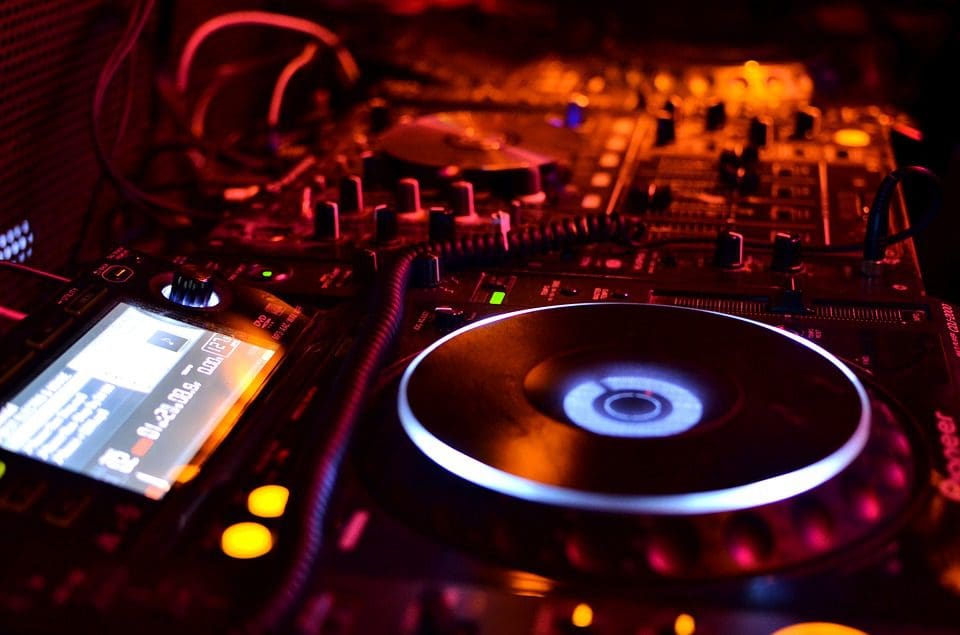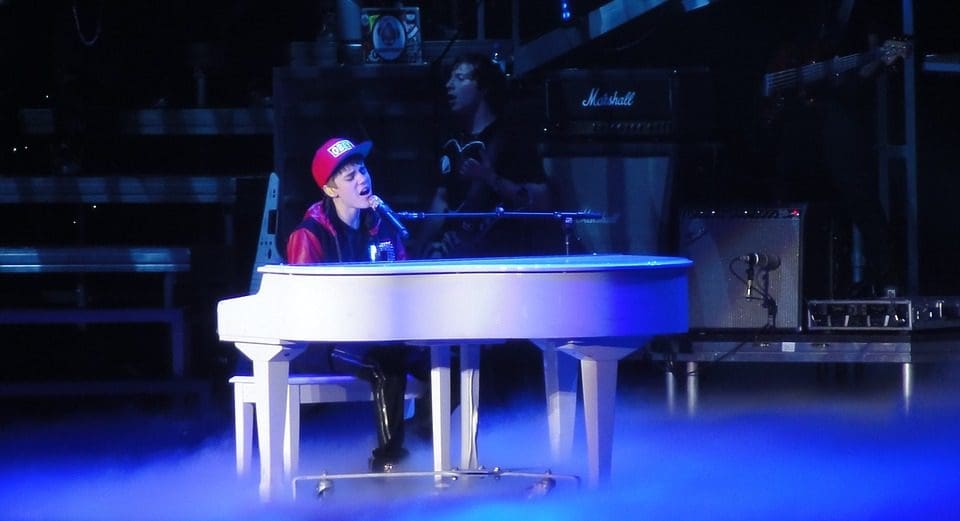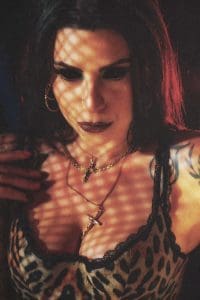The disparity between electro and pop music


There is a sense that electronic dance music (EDM) may have plateaued in terms of its popularity around the world. At least that’s the view of some of the leading DJs and experts within the EDM industry. Let’s be honest, it has been a very good journey for EDM in the last ten years. It’s a subculture that has well and truly pierced the mainstream and finally become a genre that people can relate to.
However, figures from 2017 would suggest the electro has had its time as the fastest-growing music subculture. In fact, the worldwide EDM market fell by 2% to a value of around £5.5 billion. This was based on a report published at the International Music Summit, which assessed all aspects of DJ, club and festival earnings, alongside song and album sales. In contrast, the global pop music industry registered a 9.7% gain in 2018 according to Forbes and appears to be in rude health.
Loyal fans of electro music will probably shrug their shoulders without a care in the world looking at those figures. Popularity contests are not what electronic music producers are in the business for. It’s one of many differentiators between the electro and pop music industries, which we’ll go into greater detail about now:
Electronic music allows anyone to be a producer
Let’s be honest, you don’t get a more manufactured music industry than the pop world. It leaves a bad taste in the mouth of many around the world who are forced to watch “talent” TV shows where music moguls such as Simon Cowell cherry-pick teenage boys and girls that he can mould into the next money-making band or group “machine”. Once they’re in that successful band bubble, they get very little creative freedom, with the record label heavily dictating the songs they must record because they will sell well and at the right time of the year.
By contrast, the rise of electronic music in the last decade has been largely due to the creative freedom available to literally any emerging electro artist. Software has made it possible for anyone to produce their own electro tracks in their bedroom and distribute it online with relative ease. The late Avicii was remixing and producing his own electronic mixes in his own bedroom at the tender age of 18, way before he was famous.
Avicii talks about how his eclectic taste in electronic music, with the likes of DJ Boonie, Leeson MC and Swedish House Mafia influencing his sound even at an early age. In the pop business, so many young pop stars are told what their sound is rather than having the creative freedom to choose for themselves. It’s all about making that dough, baby.
Electro gets overlooked for big-ticket awards
You very rarely see electro songs push pop songs all the way for song-of-the-year categories either. A sneak peak at Oddschecker’s Triple J Hottest 100 contenders suggests that it’s likely to be a one-horse race, with Tones and I streets ahead of the likes of Vera Blue and Lil Nas X with their ‘Dance Monkey’ hit. This was certainly one of the biggest pop songs of 2019, but whether it outperforms the likes of DJ Regard, Marshmello or Kygo is up for debate.
The concept of electronic music ‘awards’ ceremonies differ greatly too
Fortunately, the DJ Awards is a fitting celebration of talent in the electronic music industry, even if it gets overlooked by bigger organisations, television channels and radio stations. However, the DJ Awards has a unique ethos and approachthat sets it apart from any pop music awards ceremony. The DJ Awards is not treated as an out-and-out competition. That’s because the event’s founders, Lenny Krarup and Jose Pascual, believe that electro is an art form and awards are therefore supremely subjective.
Subsequently, DJ Awards is an event that is not viewed as a competition but rather a “celebration of the electronic dance music scene” and showcasing the “artistic ability of DJs to a global music audience”. The nominees for every DJ Awards category are recommended by a panel of 100 professionals within the electronic music industry, but the panel changes every year for fairness.
Even electro’s internet sensations differ with the pop world


In pop music, there is no bigger star derived from internet coverage than Justin Bieber. His downright appalling “Baby” song that had school teachers sticking fingers in their ears at break time gave Bieber a platform to progress and become the global superstar that he is today – not without his flaws, may we add. It’s incredible to think that Bieber is still aged just 25 years old.
By comparison, electronic music’s own “Justin Bieber”, Hardwell, has struggled to achieve the levels of popularity that Bieber has on social media. Vice once cross-checked the social media followers of both Hardwell and Justin Bieber and found that the latter smashed Hardwell’s figures out of the park. Fans of Hardwell will probably argue that this doesn’t mean Bieber is any more talented than the 31-year-old Dutch DJ.
After all, Hardwell became the youngest ever DJ to reach the summit of the DJ Mag100 list. Hardwell utilized social media to full effect to build his audience. Regular streams of high-octane and progressive electronic live mixes demonstrated his capabilities from his own home (see, being a producer from your own bedroom does work!)
Electro music’s double acts trump those in the pop industry
It’s also fair to say that the electronic music scene has had its fair share of fantastic duos sharing the decks in recent years. You only have to look at French maestros, Justice, Australian pair Knife Party and British creators Disclosure to see that two is definitely company when it comes to the biggest live electro shows. Compare that with the pop industry and it seems that pop labels are only interested in individual superstars or money-making groups, with very little middle ground to be found.
The eclectic nature of the electronic music scene is what we all love about our genre. It’s arguably the main reason why you’re reading this site, after all!
Since you’re here …
… we have a small favour to ask. More people are reading Side-Line Magazine than ever but advertising revenues across the media are falling fast. Unlike many news organisations, we haven’t put up a paywall – we want to keep our journalism as open as we can - and we refuse to add annoying advertising. So you can see why we need to ask for your help.
Side-Line’s independent journalism takes a lot of time, money and hard work to produce. But we do it because we want to push the artists we like and who are equally fighting to survive.
If everyone who reads our reporting, who likes it, helps fund it, our future would be much more secure. For as little as 5 US$, you can support Side-Line Magazine – and it only takes a minute. Thank you.
The donations are safely powered by Paypal.











